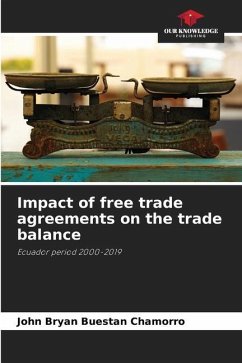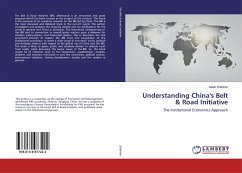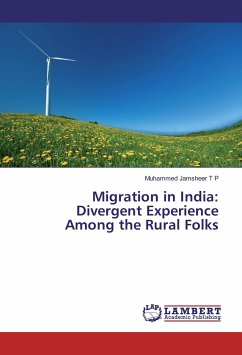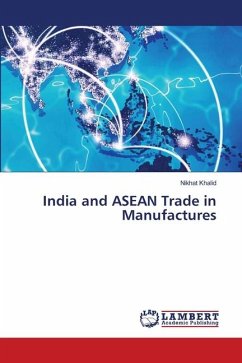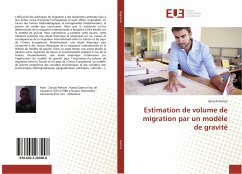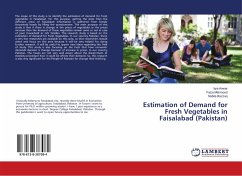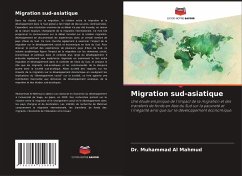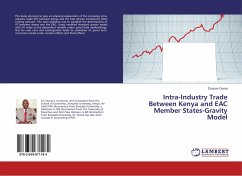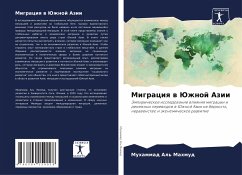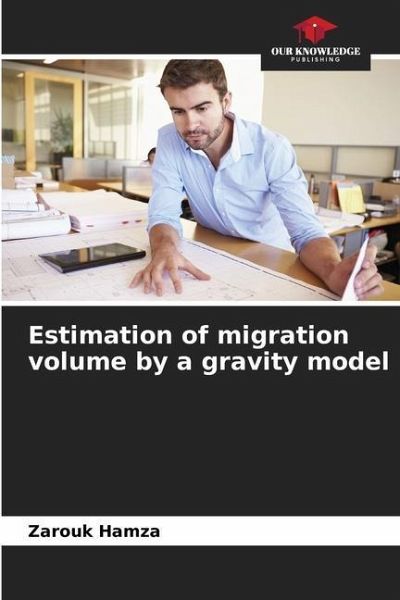
Estimation of migration volume by a gravity model
Versandkostenfrei!
Versandfertig in 6-10 Tagen
41,99 €
inkl. MwSt.

PAYBACK Punkte
21 °P sammeln!
The effectiveness of migration policies has been widely contested in the face of their supposed failure to direct immigration and their effects. However, due to fundamental methodological and conceptual limitations, the evidence has remained inconclusive. While research on the determinants of international migration has tended to be based on the gravity model. To begin to fill this gap, this dissertation presents a theoretical and empirical study of the causes and consequences of international migration between Tunisia and EU countries. First, a theoretical study will be devoted to theoretical...
The effectiveness of migration policies has been widely contested in the face of their supposed failure to direct immigration and their effects. However, due to fundamental methodological and conceptual limitations, the evidence has remained inconclusive. While research on the determinants of international migration has tended to be based on the gravity model. To begin to fill this gap, this dissertation presents a theoretical and empirical study of the causes and consequences of international migration between Tunisia and EU countries. First, a theoretical study will be devoted to theoretical reviews of international migration and the gravity model theory. Secondly, the relationship between return migration and investment will be studied taking the case of Tunisia. Secondly, an empirical study will focus on the application of the gravity model for the estimation of the volume of migration between Tunisia and the European Union countries. The gravity model includes economic and non-economic variables (demographic, geographical, political, cultural...).



